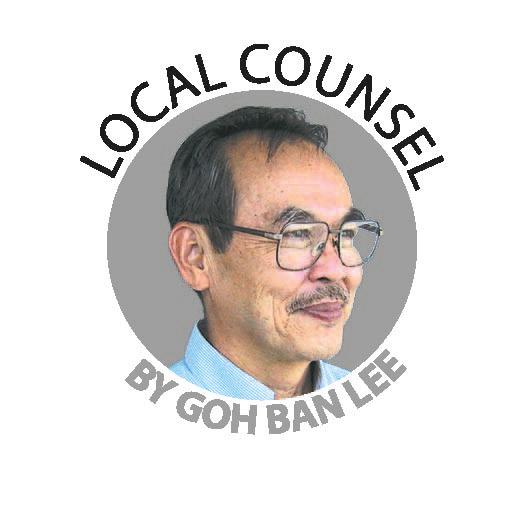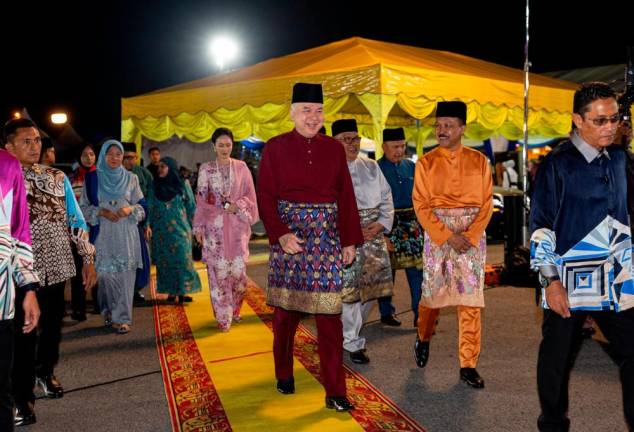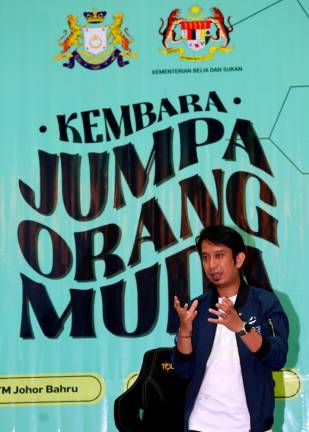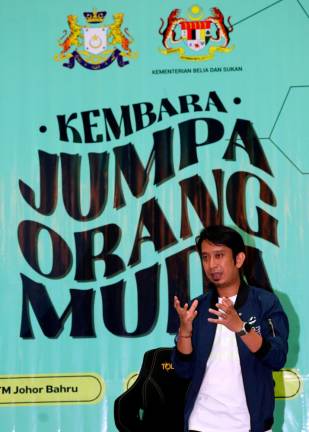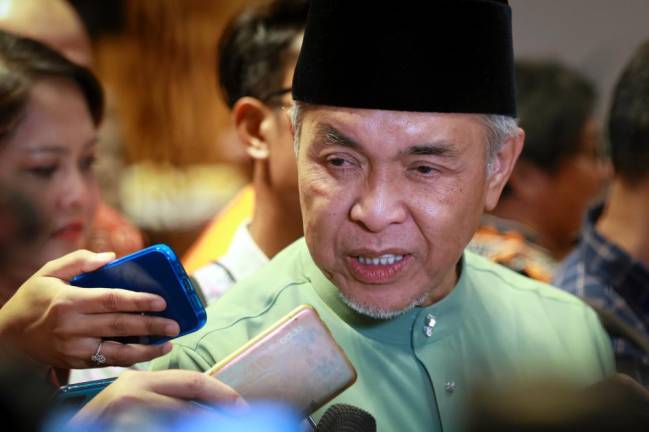EARTH Day is celebrated worldwide on April 22 every year to show support for protecting the environment, such as reducing carbon emissions and pollution, enhancing energy resource efficiency and preventing the loss of biodiversity and ecosystems. The theme for 2018 was “End Plastic Pollution”.
Plastic pollution is a serious problem globally. It ranges from polluting the atmosphere and killing marine life to the alarming presence of plastic in our food. Eliminating plastic pollution requires worldwide cooperation to make sure that the escalating volume of plastic waste does not end up in the environment.
Unfortunately, Malaysia is among the top 10 worst countries for plastic waste pollution. Most of our plastic waste is dumped, a small portion burned and an even smaller fraction recycled.
Added to our own plastic problem is the recent increase of plastic waste imported from other countries like the United States, Britain, Australia and New Zealand, so much so that we are now known as “the dumping ground for plastic waste”.
It was reported on 60 Minutes Australia that more than 71,000 tonnes of such waste was shipped from Australia to Malaysia in just 12 months.
This started when China, which had been importing and recycling much of the world’s plastic waste for the last 20 years, started to ban such imports at the end of 2017, citing environmental concerns.
Since then, Malaysia has become the alternative destination for plastic waste. Clearly it is a lucrative business as many factories, legal and illegal, many using low-end technology and environmentally harmful methods of waste disposal, have been set up by businessmen in areas like Jenjarom, a town in Kuala Langat, Selangor.
Greenpeace Malaysia reported that a lot of the waste to be recycled ended up being burned, releasing toxic dioxin, or was dumped in rivers contaminating soil and waterways. Plastic waste can degrade into microscopic particles which end up in our food.
In October 2018, Malaysia announced it was phasing out the import of plastic scraps. Energy, Technology, Science, Climate Change and Environment Minister Yeo Bee Yin said that she did not want Malaysia to be the “trash can” for developed nations. Environmental sustainability and peoples’ health and wellbeing should not take a back seat to economic growth.
Yeo is pushing Malaysia towards becoming a zero single-use plastic country by 2030. This means that no plastic wares that will only be used once will be allowed. Such wares, including utensils, bottles, wrappers, and straws, are convenient, durable and cheap. But they are only used for a few minutes and can linger in the environment for hundreds of years. For example, plastic bottles and disposable diapers can last for 450 years.
While government actions to reduce or ban plastic scrap imports, or to implement policies towards zero single-use, are positive steps, local communities have to be involved as well. Yeo commented that the rate of recycling is still low among Malaysians.
There should be more campaigns to educate the public that waste separation at the source (for example, separating our garbage and recyclables in our homes before they are collected) and recycling are necessary if we do not want incinerators in our neighbourhoods and seriously want to contribute towards saving our planet. Since 2016, waste separation at the source has become mandatory. This is not a daunting task or an impossible expectation.
We are not doing enough. A scientific study in 2017 estimated that humans have produced 8.3 billion metric tons of plastics to date. Of that total, 6.3 billion metric tons of plastic waste has been generated, with only about 9% of that waste recycled.
We can get used to life without plastic bags, plastic containers and other forms of plastic packaging if we really want to. In the old days, empty beverage tins were used to keep biscuits. Used kerosene tins were cut diagonally into halves and made into dustpans. Old bicycle wheels were used as toys by children. We don’t have to go back in time, but we can still be resourceful and responsible in our actions.
As with so many other issues, the responsibility of preserving the environment is a joint effort of the government, local authorities, corporations and individuals. Knowing now that Malaysia plays such a prominent role in producing and dealing with plastic waste should motivate all of us to do our part. Each of us individually cannot do everything, but together we can reduce, reuse, recycle, refuse to move gradually towards a near-zero waste lifestyle.
Datuk Dr Goh Ban Lee is interested in urban governance, housing and urban planning. Comments: letters@thesundaily.com




